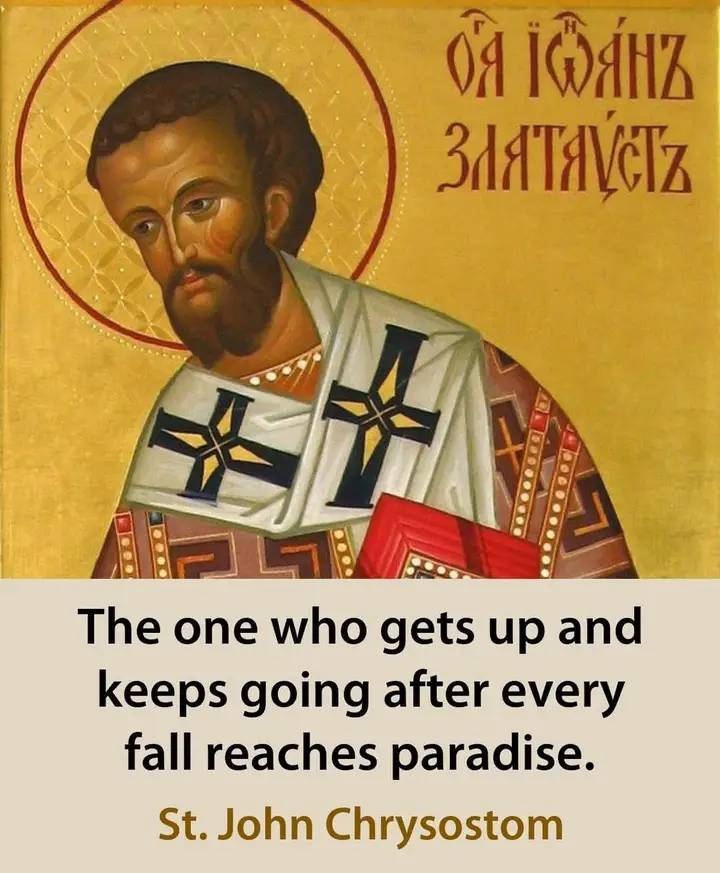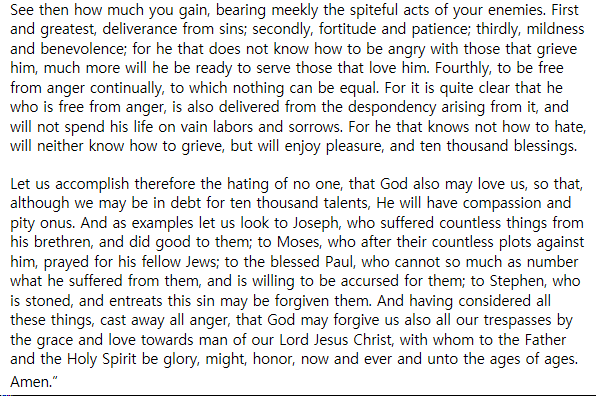This is from a chapter in "The Art of Dying Well" By St. Robert Bellarmine: https://archive.org/details/TheArtOfDyingWellStBellarmine
Honestly I'm not sure if I can sum up the chapter and it seems to be worth posting as I see little awareness of this attitude anywhere unless I am ignorant of people knowing of this
Chapter V. The Fifth Precept, In Which The Deceitful Error Of The Rich Of
This World Is Exposed.
IN addition to what has been already said, I must add the refutation of a certain error very prevalent
among the rich of this world, and which greatly hinders them from living well and dying well. The
error consists in this: the rich suppose that the wealth they possess is absolutely their own property,
if justly acquired; and that therefore they may lawfully spend, give away, or squander their money,
and that no one can say to them, "Why do you do so? Why dress so richly? Why feast so
sumptuously? Why so prodigal in supporting your dogs and hawks? Why do you spend so much
money in gaming, or other such-like pleasures?" They will answer: "What is it to you ? Is it not
lawful for me to do what I will with my own ?"
Now, this error is doubtless most grievous and pernicious: for, granting that the "rich" are the
masters of their own property with relation to other men; yet, with regard to God, they are not
masters, but only administrators or stewards. This truth can be proved by many arguments. Hear the
royal prophet: "The earth is the Lord’s, and the fullness thereof: the world and all they that dwell
therein." (Psalm xxiii.) And again: " For all the beasts of the wood are mine: the cattle on the hills,
and the oxen. If I should be hungry, I would not tell thee: for the world is mine, and the fullness
thereof." (Psalm xlix.)
And in the first book of Paralipomenon, when David had offered for the building of the temple three
thousand talents of gold and seven thousand talents of silver, and Parian marble in the greatest
abundance; and when, moved by the example of the king, the princes of the tribes had offered five
thousand talents of gold, and ten thousand of silver, and eighteen thousand of brass, and a hundred
thousand of iron, then David said to God: "Thine, O Lord, is magnificence, and power, and glory,
and victory: and to thee is praise; for all that is in heaven or earth is thine: thine is the kingdom,
Lord, and thon art above all princes. Thine are riches, and thine is glory, thou hast dominion over
all: in thy and is power and might: in thy hand greatness and the empire of all things. Who am I,
what is my people, that we should be able to promise thee all these things ? All things are thine; and
we have given thee what we have received of thy hand." (chap. xxix. 11, &c.) To these may be added
the testimony of God Himself, who by Aggæus the prophet saith: "Mine is silver, and mine is gold."
This the Lord spoke, that the people might understand that for the new building of the temple
nothing would be wanting, since He himself would order its erection, to whom belonged all the gold
and silver in the world.
I shall add two more testimonies from the words of Christ, in the New Testament: " There was a
certain rich man who had a steward: and the same was accused unto him, that he had wasted his
goods. And he called him, and said to him: How is it I hear this of thee ? Give an account of thy
stewardship: for now thou canst be steward no longer." (St. Luke xvi.) By the "rich man" is here
meant God, who, as we have just said, crieth out by the prophet Aggæus: " Mine is silver, and mine is
gold." By the "steward" is to be understood a rich man, as the holy Fathers teach, St. Chrysostom, St.
Augustine, St. Ambrose, Venerable Bede, besides Theophylact, and Euthymius, and others on this
passage.
If the Gospel, then, is to be credited, every rich man of this world must acknowledge that the riches
he possesses, whether justly or unjustly acquired, are not his: that if they be justly acquired, he is only
the steward of them; if unjustly, that he is nothing but a thief and a robber. And since the rich man is
not the master of the wealth he possesses, it follows that, when accused of injustice before God, God
removes him from his stewardship, either by death or by want: such do the words signify, "Give an
account of thy stewardship, for now thou canst be steward no longer."
God will never be in want of ways to reduce the rich to poverty, and thus to remove them from their
stewardship: such as by shipwrecks, robberies, hail-storms, cankers, too much rain, drought, and
many other kinds of afflictions so many voices of God exclaiming to the rich: "Thou canst be
steward no longer."
But when, towards the end of the parable, our Lord says: "Make unto you friends of the mammon of
iniquity, that when you shall fail, they may receive you into everlasting dwellings," He does not
mean that alms are to he given out of unjust riches, but of riches that are not riches, properly so
speaking, but only the shadows of them. This is evidently the meaning from another passage in the
same Gospel of St. Luke: " If then you have not been faithful in the unjust mammon, who will trust
you with that which is the true?"
The meaning of these words is: "If in the unjust mammon" that is, false riches "you have not been
faithful" in giving liberally to the poor, "who will trust you" with true riches the riches of virtues,
which make men truly rich ? This is the explanation given by St. Cyprian, and also by St. Augustine
in the second book of his Evangelical Questions, where he says that mammon signifies "riches;"
which the foolish and wicked alone consider to be riches, whilst wise and good men despise them,
and assert that spiritual gifts are alone to be considered true riches.
There is another passage in the same Gospel of St. Luke, which may be considered as a kind of
commentary on the unjust steward: "There was a certain rich man, who was clothed in purple and
fine linen, and feasted sumptuously every day. And there was a certain beggar named Lazarus, who
lay at his gate, full of sores. Desiring to be filled with the crumbs that fell from the rich man s table,
and no one did give him; moreover, the dogs came and licked his sores. And it came to pass that the
beggar died, and was carried by the angels into Abraham s bosom. And the rich man also died: and
he was buried in hell." This Dives was certainly one of those who supposed he was master of his own
money, and not a steward under God; and therefore he imagined not that he offended against God,
when he was clothed in purple and linen, and feasted sumptuously every day, and had his dogs, and
his buffoons, & c. For he perhaps said within himself: " I spend my own money, I do no injury to any
one, I violate not the laws of God, I do not blaspheme nor swear, I observe the sabbath, I honour my
parents, I do not kill, nor commit adultery, nor steal, nor bear false witness, nor do I covet my
neighbour’s wife, or anything else." But if such was the case, why was he buried in hell ? why
tormented in the fire ? We must then acknowledge that all those are deceived who suppose they are
the “absolute" masters of their money; for if Dives had any more grievous sins to answer for, the
Holy Scripture would certainly have mentioned them. But since nothing more has been added, we
are given to understand that the superfluous adornment of his body with costly garments, and his
daily magnificent banquets, and the multitude of his servants and dogs, whilst he had no compassion
for the poor, was a sufficient cause of his condemnation to eternal torments.
Let it, therefore, be a fixed rule for living well and dying well, often to consider and seriously to
ponder on the account that must be given to God of our luxury in palaces, in gardens, in chariots, in
the multitude of servants, in the splendour of dress, in banquets, in hoarding up riches, in
unnecessary expenses, which injure a great multitude of the poor and sick, who stand in need of our
superfluities; and who now cry to God, and in the day of judgment will not cease crying out until we,
together with the rich man, shall be condemned to eternal flames.





